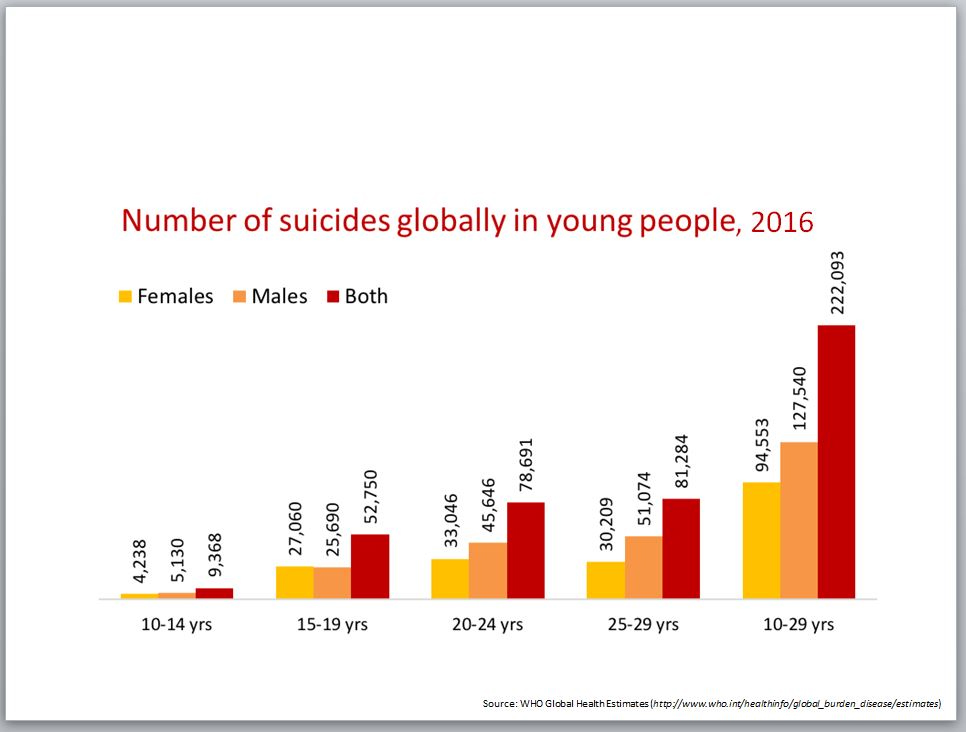Today, workplaces and organisations across the UK today are participating in Time To Talk – a day that encourages everyone to be more open about mental health. Mental health problems affect one in four of us, yet too many people are made to feel isolated, ashamed and worthless because of this.
Workplace managers and bosses, however, can make a huge difference, simply by being open and more supportive towards staff, according to a recent report on workplace mental health. The report from Accenture, in partnership with This Can Happen, reveals that by the time employees are 30, approximately 77% will have had personal experience with a mental health challenge. Almost half have had suicidal thoughts or feelings, and they are twice as likely as their more senior peers to be living with poor mental health.
“Having negative thoughts and feelings, difficulty sleeping and concentrating as well as avoiding friends or stressful situations were among the symptoms described in our survey of over 1700 workers in the UK,” according to Barbara Harvey, who leads Accenture’s research on diversity, inclusion and wellbeing. “One in five younger workers said they had had the urge to self-harm or hurt themselves in the last year. Younger workers feel pressure all around them. While most don’t yet have the responsibilities that come with a mortgage or family, they feel more pressure than their older colleagues do. Four in 10 workers aged 18-30 frequently (daily/weekly) worry about their health, and one in four feels isolated or lonely at work.”
DETERIORATING MENTAL HEALTH
No wonder 59% of UK CEOs are becoming increasingly concerned about the deteriorating wellbeing of their workforce, according to PwC research (as reported). With suicide, the second leading cause of death among youth 15-29 year olds worldwide, it’s a global concern. It’s now the 10th leading cause of death in the United States, according to the US Center for Disease Control and Prevention. So advocates in states like New Mexico are pushing for funding to prioritise suicide prevention and behavioural health care for all its residents, as well as funding support for suicide prevention programmes for Latino youth.

However, organisations and workplaces that are willing to tackle the stigma around mental health, by creating an open and supportive culture, can – and are – changing the mental wellbeing of their staff, according to Accenture’s report. Its findings reveal that in more supportive companies the prevalence of mental health conditions amongst younger workers declined from 65% to 41%. Younger people in these organisations were much more able to cope with the everyday stresses of working life and those experiencing poor mental health were more better able to cope at work.
“Almost 9 in 10 employees working in supportive cultures described leaders as ‘open, warm and human’ when it comes to mental health; that’s a staggering 17 times more than the 5% that say this in the least supportive companies,” adds Harvey. The results? Workplaces are four times more likely to be seen as a positive influence on their employees’ mental health.
Accenture’s report on mental wellbeing offers steps that organisations can take to build a supportive workplace culture to help workers maintain good mental health.
Click here to download a copy of the report.








































